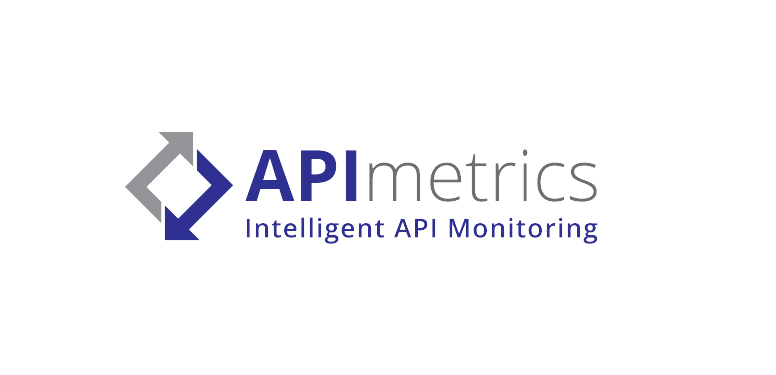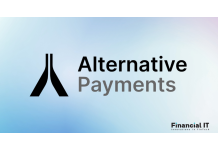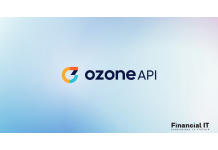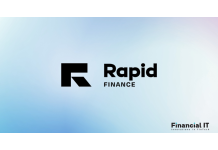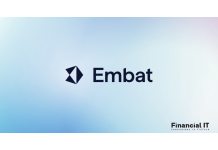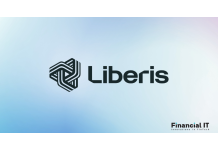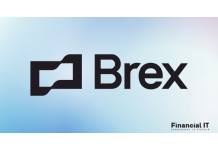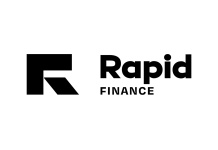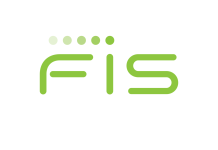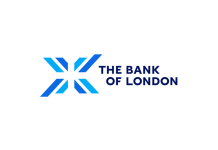Alternative Payments Debuts API to Accelerate MSP...
- 28.08.2025 11:55 am
Ozone API Launches Industry-First Tool for US Banks to...
- 10.04.2025 03:40 pm
Rapid Finance Extends API-Supported SMB Disclosure...
- 10.04.2025 02:35 pm
Dwolla and Plaid Expand Integration; Unified API Now...
- 12.03.2025 03:55 pm
Embat Acquires Necto, Strengthening Its Leadership in...
- 25.02.2025 08:35 am
BofA Sees 51% Increase In Companies Leveraging APIs...
- 23.10.2024 11:05 am
Liberis Reveals Its Multi-Product Financial Platform...
- 15.10.2024 09:45 am
Brex Introduces New API-driven Payments Solution
- 19.09.2024 11:14 am
Rapid Finance’s API-Supported Small Business (SMB)...
- 16.07.2024 02:35 pm
Independent Study Finds FIS’ Code Connect Platform...
- 04.07.2024 09:45 am
Powering Embedded Banking/BaaS, The Bank of London...
- 25.04.2024 10:20 am
JustPaid, AI-Powered Finance Startup, Announces New...
- 10.04.2024 10:10 am

